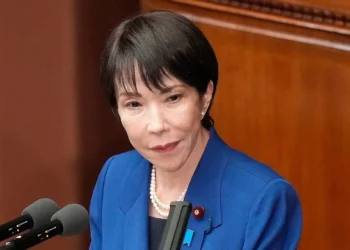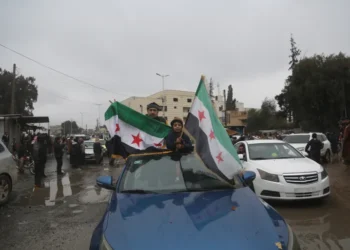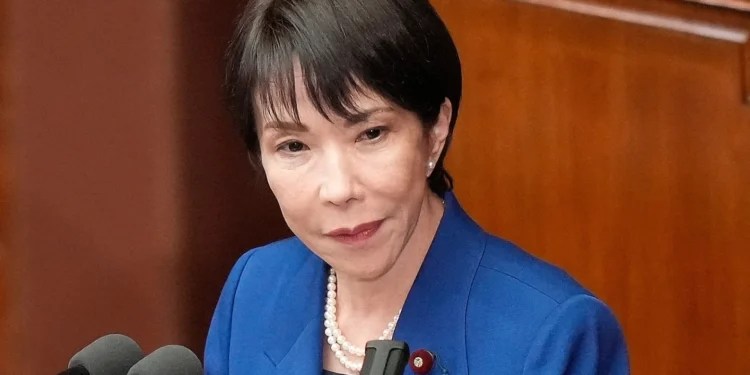The European Union (EU) has in a meeting in Brussels, deplored the dire humanitarian situation in Gaza, the “unacceptable” number of civilian casualties and the levels of starvation.
The bloc added it will discuss in July a report from its diplomatic service, which found there were indications Israel had breached its human rights obligations under the terms of a pact governing relations. That meeting could lead to possible EU sanctions on Israel.
It also called to “take work forward” on “extremist settlers” in the occupied West Bank, and the entities and organisations that support them.
“The European Council calls on Israel to fully lift its blockade on Gaza, to allow immediate, unimpeded access and sustained distribution of humanitarian assistance at scale into and throughout Gaza and to enable the UN and its agencies, and humanitarian organisations, to work independently and impartially to save lives and reduce suffering.”
European Union
During the 12 days Israel was fighting Iran, more than 800 Palestinians were killed in Gaza – either shot as they desperately sought food in increasingly chaotic circumstances or in successive waves of Israeli strikes and shelling.
Pedro Sanchez, Spain’s Prime Minister and an outspoken critic of Israel’s offensive, became the most prominent European leader to describe the situation in Gaza as a “genocide.”

Speaking before the EU summit in Brussels, Sanchez mentioned an EU report that found “indications” Israel was breaching its human rights obligations under the cooperation deal, which forms the basis for trade ties.
The text cited Israel’s blockade of humanitarian aid for the Palestinian territory, the high number of civilian casualties, attacks on journalists and the massive displacement and destruction caused by the war.
Israel vehemently denies the allegation of war crimes and genocide, which it says are based in anti-Israel bias and antisemitism.
High Levels Of Starvation In Gaza

Meanwhile, food has become extremely scarce in Gaza since a tight blockade on all supplies was imposed by Israel throughout March and April, threatening many of the 2.3 million people who live there with a “critical risk of famine.”
Since the blockade was partly lifted last month, the UN has tried to bring in aid but has faced major obstacles, including rubble-choked roads, Israeli military restrictions, continuing airstrikes and growing anarchy.
According to the UN World Food Programme (WFP) and its partners, one-third of families in Gaza are going the entire day without eating as a result of Israel’s continued bombardment of the Palestinian enclave.
In a statement, the WFP said that families in Gaza are surviving on thin broths, lentils or rice, one piece of bread or sometimes just a combination of herbs and olive oil known locally as duqqa.
It said that due to the extreme shortages of food, Palestinians routinely risk their lives to get some food.
Johnathan Whittall, Head of office for the UN humanitarian affairs agency, OCHA, in the occupied Palestinian territory, said, “The majority of casualties have been shot or shelled trying to reach US-Israeli distribution sites purposefully set up in militarised zones.”
The UN said that since 27 May, 549 Palestinians have been killed and 4,066 injured while trying to access food.
The Israeli military claim that soldiers had “fired warning shots” in order to prevent “suspects from approaching them” near the Netzarim corridor in central Gaza, where Palestinians gather each night, often in the hope of stopping trucks.
Other services are being pushed to the brink. As a result of fuel shortages, only 40 percent of drinking water facilities are functional, and 93 percent of households face water insecurity.
On Monday, 79 trucks from aid organizations and the international community containing food for children, medical supplies and medications were transferred into Gaza after undergoing thorough security inspections, Israeli authorities said. On Tuesday, the total was 71.
The World Health Organization said today that it had delivered its first medical shipment into Gaza since March 2, 2025, adding however that the nine truckloads were “a drop in the ocean.”
READ ALSO: Gen Z Fury Erupts In Another Deadly Kenya Protests























